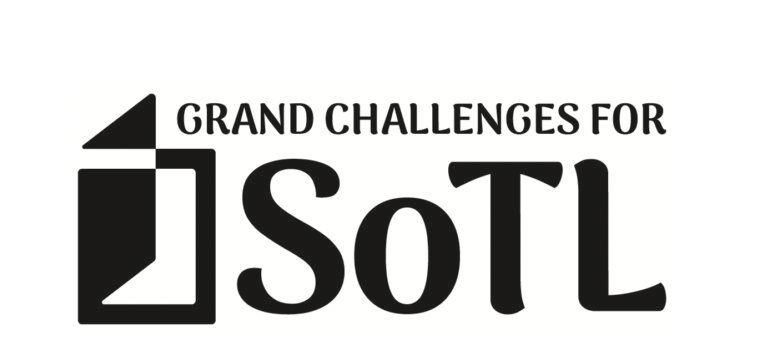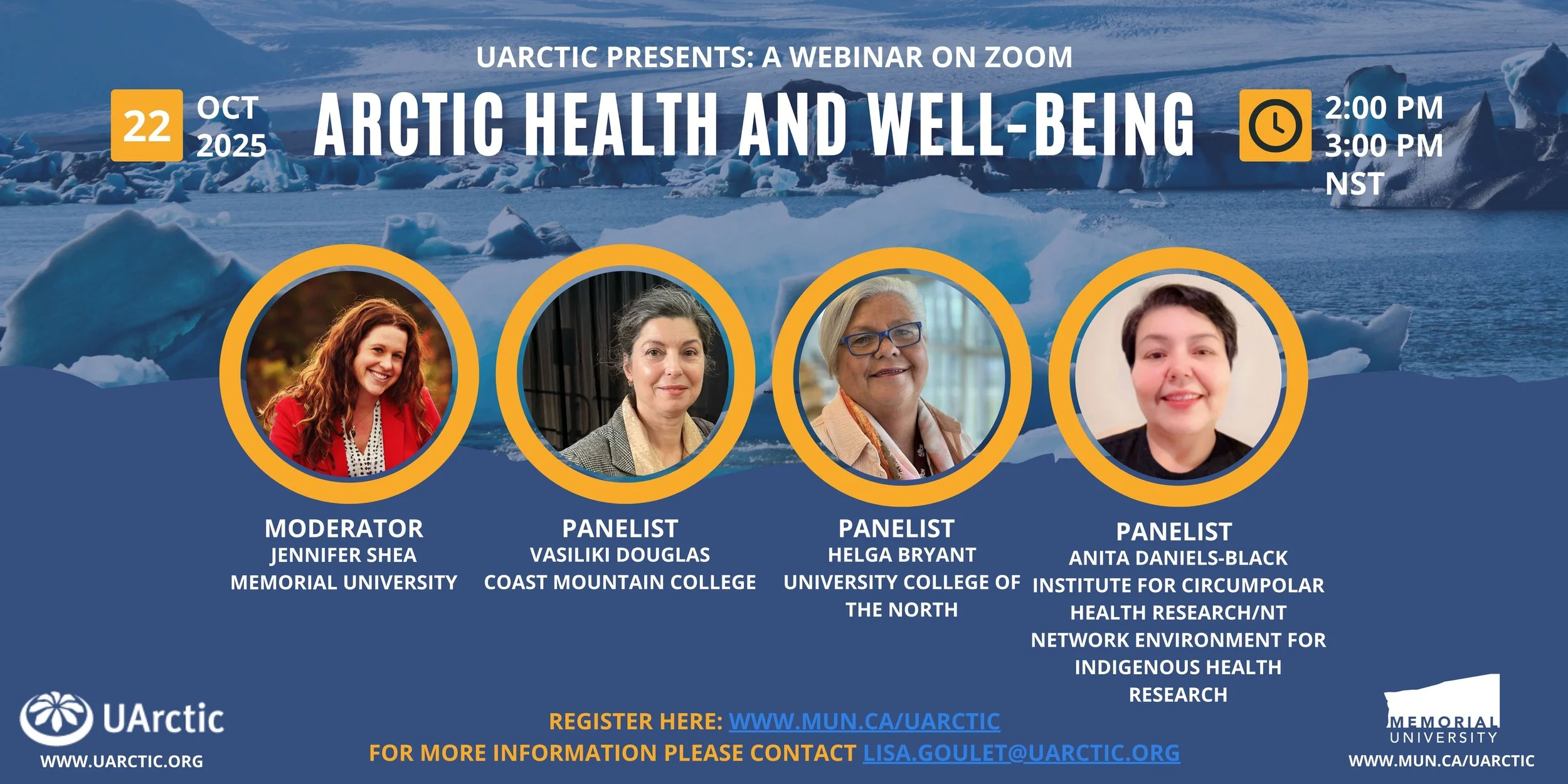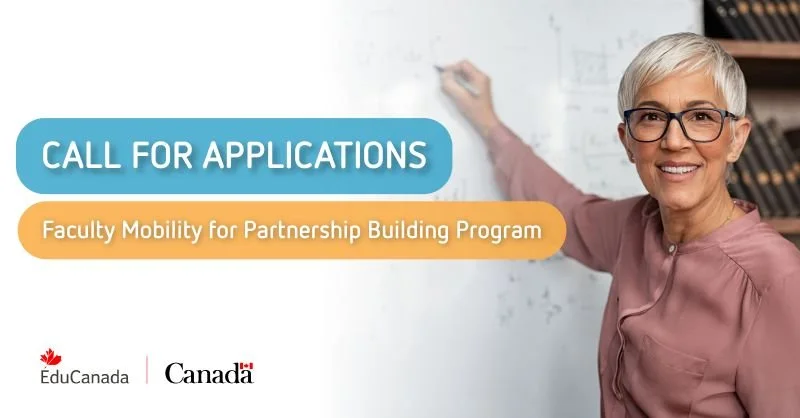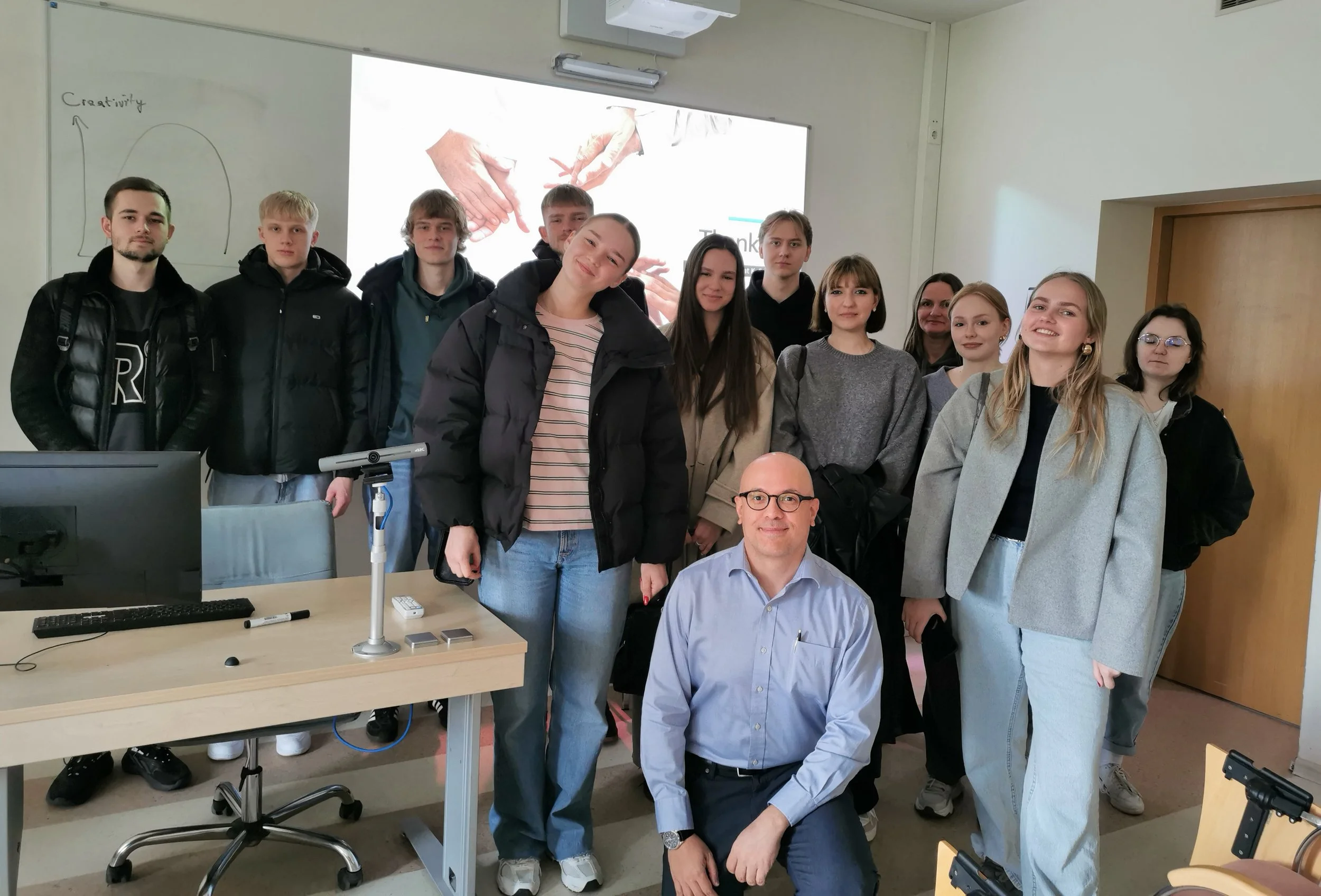Celebrating the success of GSO Projects at Saint Mary’s University
The Global Learning and Intercultural Support Office successfully delivered two Global Skills Opportunity (“GSO”) Projects at Saint Mary’s University, as part of the Government of Canada’s five-year International Education Strategy (2019-2024). Thanks to GSO, 148 Saint Mary’s students received financial support totalling $690,000.00 between 2022 and 2025, gaining global skills from participating in various international programs.
One of the goals of GSO was to increase the participation of young Canadians who are underrepresented in international learning opportunities in the past. We are pleased that 70% of funding ($480,400.00) went to supporting SMU students who identify as Indigenous, low-income, and students with disabilities.
The Global Skills Opportunity Project was funded by the Government of Canada through Employment and Social Development Canada (ESDC). Across Canada, 150 mobility projects were delivered by 141 post-secondary institutions.
Global Skills Opportunity Projects at Saint Mary’s University: A Lasting Legacy
Global Skills Opportunity (GSO) represented an exciting, innovative way to realize the Government of Canada’s International Education Strategy. Thanks to GSO, Saint Mary’s University was able to implement two student mobility project entitled Spring Abroad: Global Learning for a Pluralistic Society and International Field Schools: Learning the Way of Pluralism by Doing. Canadian students —especially Indigenous students, low-income students and those with disabilities— received financial support to participate in physical and virtual global learning activities through which they gained intercultural knowledge, skills and understanding. Their transformative experiences helped them become life-long learners and champions for pluralistic values, advocating for local and global communities to be places where people of all abilities and backgrounds can choose to practice active citizenship without barriers. This Project was funded by the Government of Canada through Employment and Social Development Canada (ESDC) in partnership with Saint Mary's University, and was administered by Universities Canada.
Learn more about how GSO operated
-
This GSO project was open to all Canadian post-secondary students but prioritized Indigenous students, low-income students and those with disabilities.
Student participants must have been Canadian citizens or permanent residents*, registered at Saint Mary's University.
Students must have been in good standing (having achieved a minimum cumulative grade point average of at least 1.70).
The program was only open to full/part-time undergraduate students.
Students must have been 18 years of age or older. There is no upper limit to participation.
Participants chosen in the final year of the Project must have completed their international activity by March 2025.
International students and graduate students were not eligible for GSO funding but were supported by Saint Mary’s financial support programs such as the VPAR International Mobility Awards and the Virtual Global Learning Awards.
(*A permanent resident is someone who has been given permanent resident status by immigrating to Canada, but is not a Canadian citizen. A person in Canada temporarily, like a student or foreign worker, is not a permanent resident.” See Understand permanent resident status.)
-
GSO provided funding for physical and virtual international learning activities, lasting for 1 week to 1 year, for which academic credit/recognition was given. The types of activities included:
Exchange/Study abroad for academic credit (semester, full year, or summer sessions)
International field courses
Group training internationally
Language training outside of Canada
Volunteer placements that are recognized as part of an academic credit program
-
All physical mobility experiences had to have taken place outside of Canada. Activity was encouraged to take place in non-traditional destination countries (i.e., countries other than the US, the UK, France and Australia).
Saint Mary’s University worked strategically with partner institutions in Brazil, Hong Kong, Croatia, Finland, France, Germany, Italy, Lithuania, Philippines, Poland, Turkey, Uganda, Costa Rica, Japan, South Korea, and Norway; thus, priorities were given to placements at those partners where possible.
Participants may have studied in any destination; however, physical mobility was not be permitted in countries (or regions within countries) with travel advisories from the Government of Canada recommending the avoidance of all travel or non-essential travel.
All outbound mobility programming was required to follow the Government of Canada’s travel advisories. Please refer to http://travel.gc.ca/travelling/advisories for more details.
-
Each applicant’s eligibility was assessed through both needs and character-based criteria, rather than a merit-based approach. Funding was to support students who demonstrated a high desire to learn and a need for financial assistance, rather than those with the highest GPA.
-
Selected participants within the low-income students, students with disabilities and Indigenous students were eligible to receive up to CAD$1,000 per student and other eligible students up to CAD$500. In all cases, individual student funding was determined based on financial needs.
Funds were used to cover direct costs related to the implementation of virtual mobility programming including participation costs for students, operational costs, software expenses, systems maintenance, connection fees, equipment, hardware requirements, inclusion and accessibility tools (i.e. closed captioning, translation, etc.).
Funds were disbursed to the applicant’s Saint Mary’s banner account. 80% of the funding was given prior to the start of the activity, and the remaining 20% was given after the program requirements are completed. Alternative arrangements may have been made on a case-by-case basis.
-
Selected participants within the low-income students, students with disabilities and Indigenous students were eligible to receive up to CAD$10,000 per student and other eligible students up to CAD$5,000. In all cases, individual student funding was determined based on financial needs and destination costs.
Funding was used to cover a range of student expenses, including, but not limited to, tuition, living expenses, dependent care, health insurance, immunizations, transportation and accommodation during their outbound mobility experience.
Funds were disbursed to the applicant’s Saint Mary’s banner account. 80% of the funding was given prior to the start of the activity, and the remaining 20% was given after the program requirements are completed. Alternative arrangements may have been made on a case-by-case basis.
-
The number of students selected to receive GSO funding each year depended on how many eligible applications were received and the amount of individual student funding.
Saint Mary's University's GSO Student Mobility Project, “Spring Abroad: Global learning for a pluralistic society”, was co-financed by Employment and Social Development Canada (ESDC) and Saint Mary's University. The estimated total funding amount available for distribution was the following:
FY2021-22 (October 2021-March 2022) FY2022-23 (April 2022-March 2023)
Virtual mobility $3,500 Virtual mobility $12,000
Physical mobility $80,000 Physical mobility $150,000
FY2023-24 (April 2023-March 2024) FY2024-25 (April 2024-March 2025)
Virtual mobility $10,500 Virtual mobility $13,000
Physical mobility $190,000 Physical mobility $110,000
-
GSO participants were asked to:
attend pre-departure training
arrange for supplementary medical insurance appropriate for their GSO destination that covers the entire duration of their international experience
register online with the Government of Canada’s Registry of Canadians Abroad (ROCA).
not travel to destinations where travel advisories issued by the Government of Canada recommend the avoidance of all travel or non-essential travel.
obtain a valid passport, visa, medications (such as anti-malaria pills) or vaccinations, as required by the destination country.
complete the pre-departure form prior to starting their physical or virtual mobility experience at least two weeks before departure through Universities Canada’s online portal. This form seeks to gather information on participants’ mobility experience details, motivations for participation and baseline skill evaluations.
complete a post-experience report through Universities Canada’s online portal within four weeks of completing their experience.
participate in program evaluations which may include surveys, interviews, and case studies, among other activities
provide airfare purchase receipt, original plane tickets and all boarding passes, receipt for accommodations, as appropriate.
attend re-entry sessions.
meet any other requirements set by Saint Mary’s University or international partner that will host them.
Returning Students
Do you need to submit your boarding passes? Click here to upload your files.



































